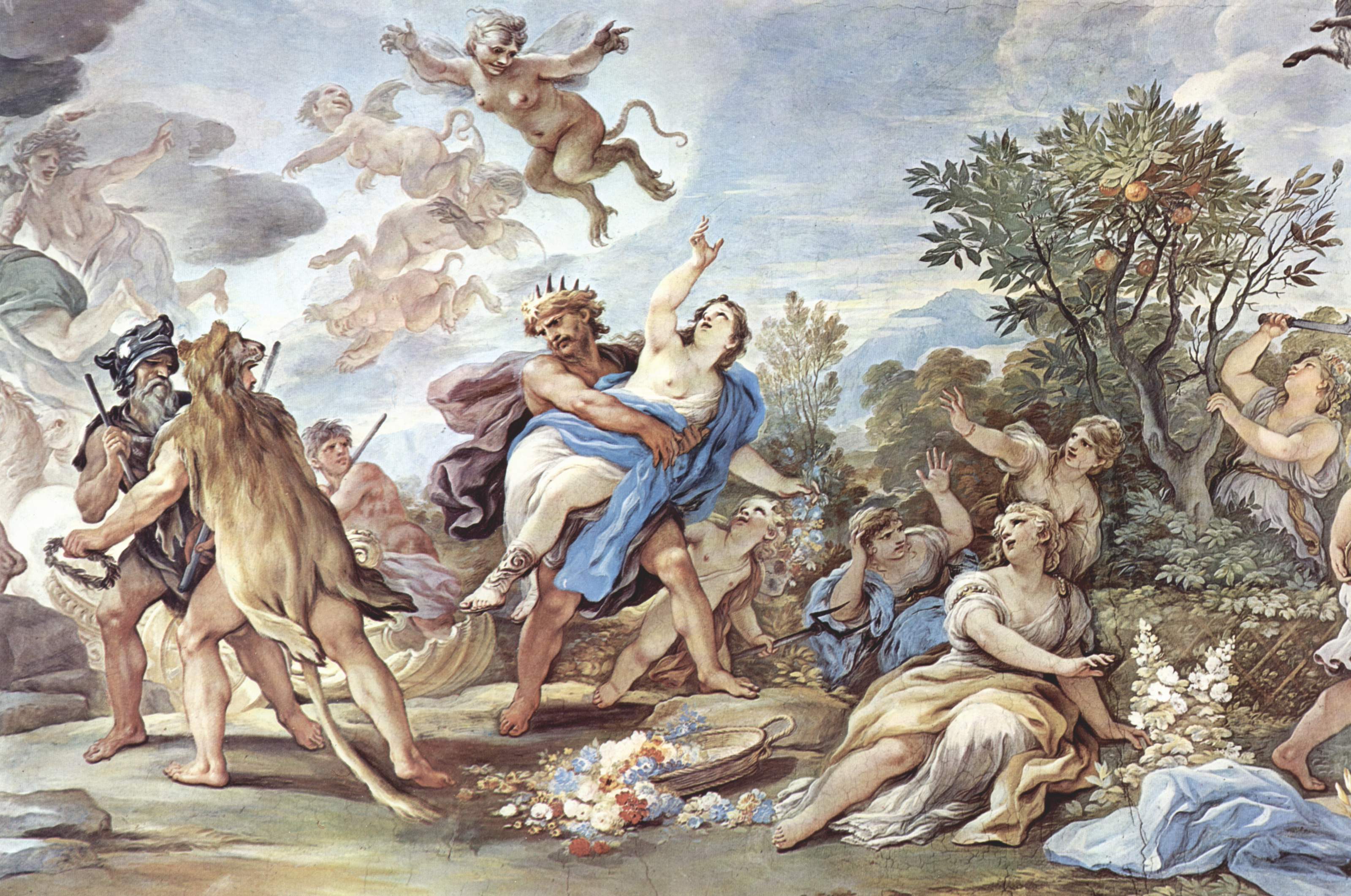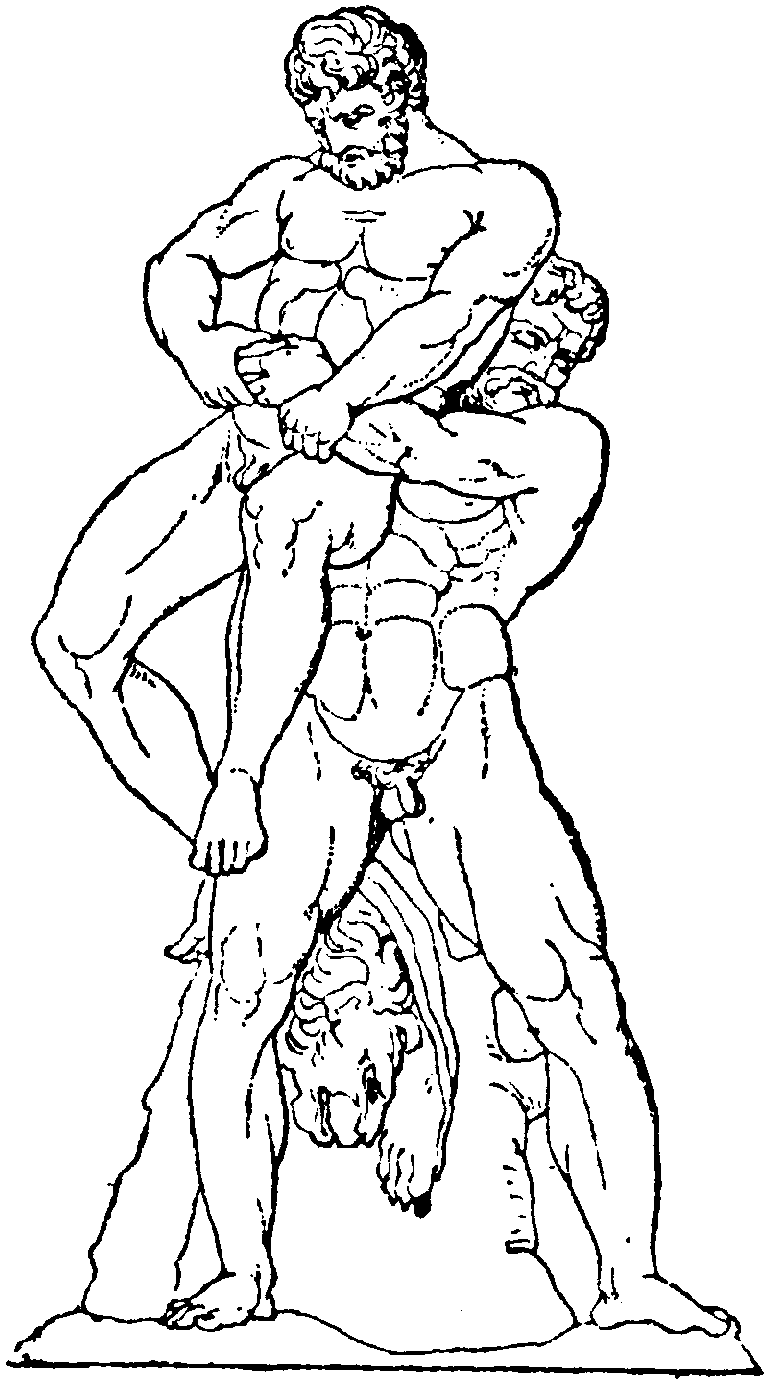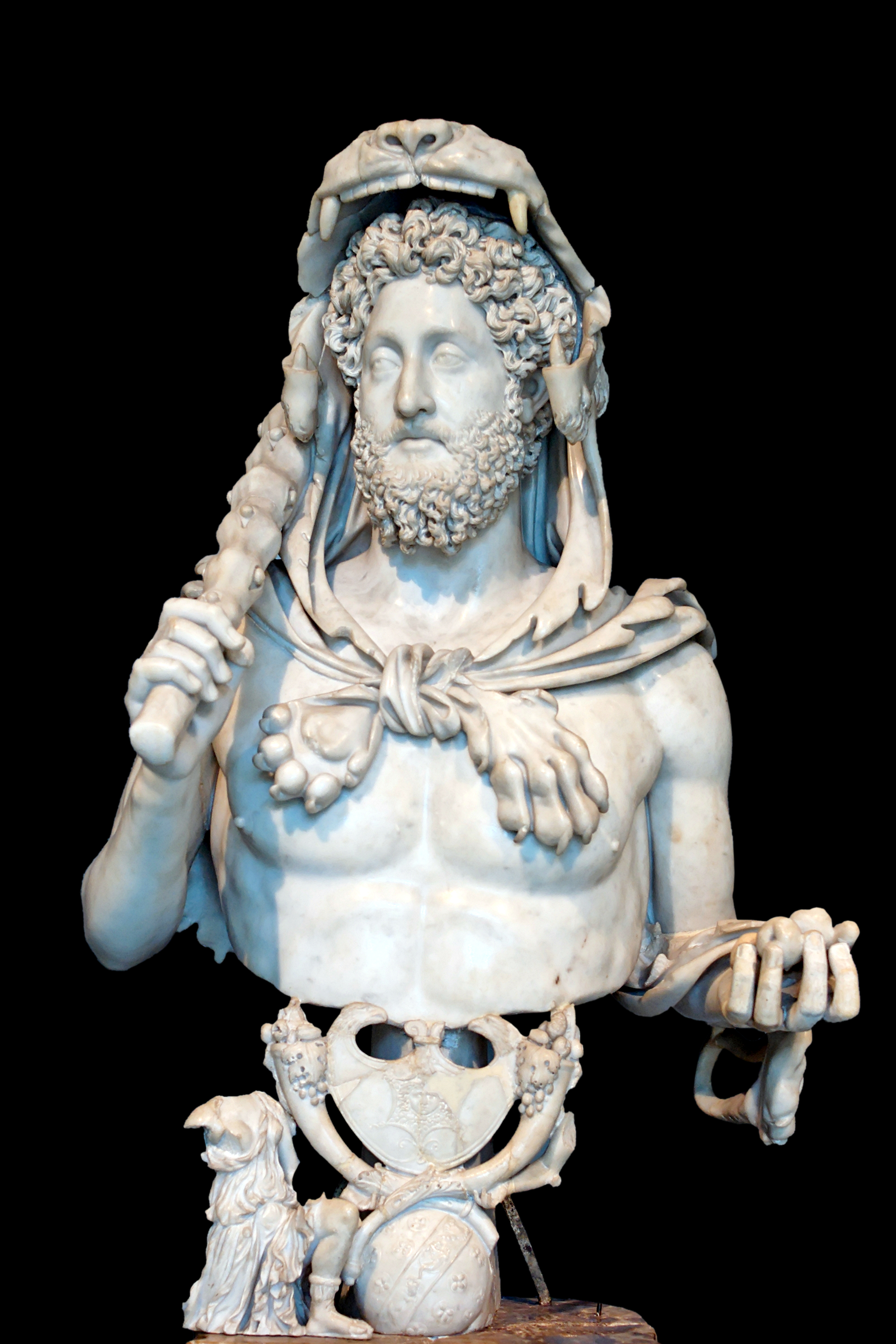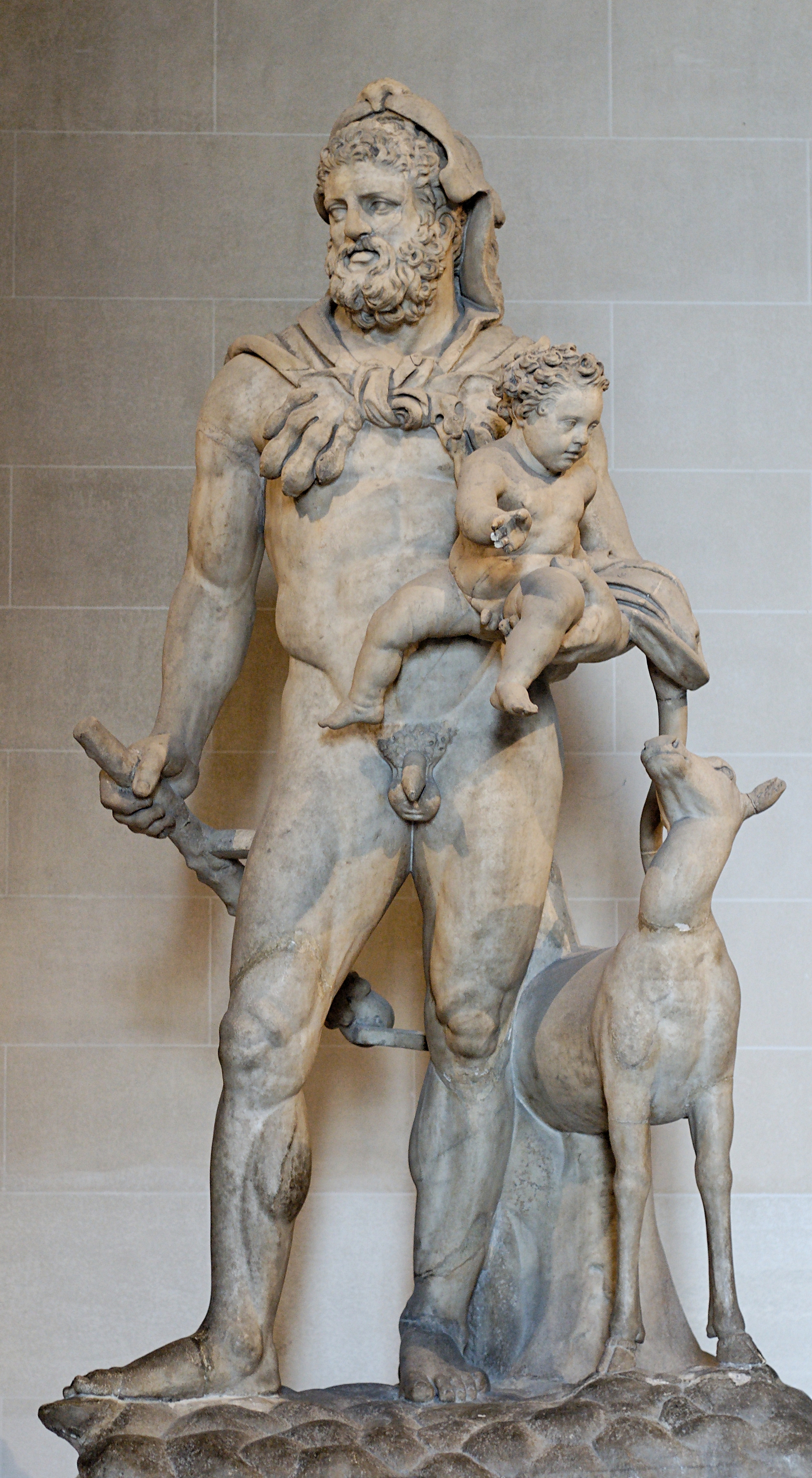It seems to me garum was somewhat in between ketchup and caviar for the Romans – a condiment just as common as ketchup is today, but with such a huge price range that the best sorts could cost a fortune. But the best part about garum is that it seems to be one of the elements that define the romanitas, the quality of being a Roman citizen, along with drinking wine mixed with water, going to the baths every day to socialize and watching gladiatorial games. Oh, and the rest of the useless and unimportant stuff, like speaking Latin, getting involved in politics, considering suicide a dignified way out, and so forth.
Unlike all the other things I mentioned, garum is something we can actually try today. Well, we can try the wine too, but it seems we're missing something all the time, even if the ancient wine-making methods are so often detailed in various books. We can also try the dignified way out, by the way, but I'd rather stick with garum.
The only problem is that the actual authentic ancient recipe seems a huge pain, just to have a taste of the Roman sauce. In fact, it was such a pain that garum producers were located outside of the towns, so as not to disturb the other citizens with the smell of their trade – as the remains from Pompeii prove. It seems though that just the manufacturing process produced the stench, the actual end-product didn't smell.

By get directly down (Flickr: Mosaic of Sea Creatures) [
CC-BY-2.0],
via Wikimedia Commons
I started thinking about this yesterday, when I cooked a piece of beef using a Jamie Oliver recipe, with a marinade made of spices and anchovies. So, fish, salt and aromatic herbs – that's very, very close to the original garum recipe, I'd say. (By the way, the result was great, and an off-topic, but heartfelt thank you to Jamie Oliver for saving my family from starvation and myself from dying from exhaustion in the kitchen once again.)
So I looked for the original recipe – I could have sworn Apicius had one, but apparently he doesn't, just a recipe for how to recover the sauce after it's gone bad (it's a sauce made of rotten fish guts... how do you know when it's gone bad?). If I'm not mistaken (again) this means the only complete and reliable recipe comes from Gargilius Martialis who is anyway completely unreliable and incredibly boring. But let's work with what we have: take a container that can be sealed; make a bottom layer of aromatic herbs, a second layer of fish bits or small fish, and a third layer of salt; repeat until container is full. Seal the container and leave it in the sun for a week, and then open and mix it daily for another 20 days. According to other authors, it should be left for two or three months, or even longer.
Well, I'm not going to experiment with this recipe, not because of the smell (my neighbors deserve that anyway), but because I don't get two or three months of Mediterranean summer sun where I live. I've read somewhere of a modern method using an incubator, but would that still drive my neighbors away? What I find weird is that the end-product is supposed to be a clear liquid. I've used various sauces made with anchovies, including on the white pizza recipe called pissaladiera, but turning fish guts into a clear, transparent liquid is not a process I can picture. I'm willing to try, though, because Seneca hated garum, which makes me think I'd love it.
On the other hand, such sauce is widely available in stores, as it's used all over South-East Asia. I've noticed a Thai version called Nam Pla (no idea if that's the name of the product or the brand), and several others that looked the same to me, which came from Vietnam, Korea and Japan. Upon inquiry in a Thai restaurant, I found out that the best fish sauce is the one that comes from the first press, same as with olive oil. In case you have never tasted it in an Asian restaurant, it doesn't taste like fish at all, it's rather like a combination of blue cheese and nuts. Then again, if you've ever eaten Thai food, you've probably tasted it, it seems to be in every recipe, just that it's rather subtle and you can't always identify it.
And, of course, let's not forget the most famous modern successor of the ancient garum – the Worcestershire sauce. Excellent for a Bloody Mary – hah, funny how these history references mix up in the kitchen, wouldn't you say?
If you still want to make your own garum, the modern approach seems to be to just boil everything together: small fish, salt (a lot of salt, about three parts salt for every four parts fish) and herbs, until the fish dissolves, literally. Then strain until you obtain a clear liquid. A second modern recipe I found suggested boiling anchovies into grape juice, but that's a bit far fetched for me – if I ever find myself making grape juice at home, I have about a thousand uses for it, instead of boiling it with fish bits.
If I ever decide to try out any of these recipes, I promise I'll keep you posted. Though I think I'll try my hand at beans à la Vitellius first.












_contre_son_p%C3%A8re_et_divers_m%C3%A9daillons_pierre_grav%C3%A9e_crop.jpg)
.jpg)